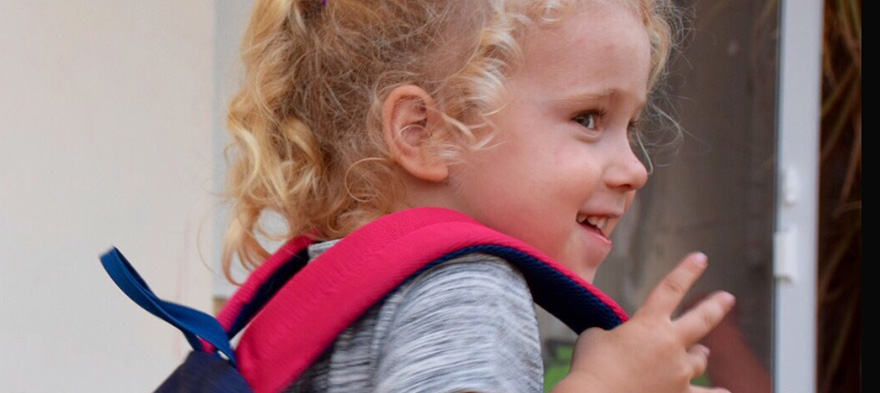
Patrick Kelly teaches AP U.S. Government and Politics in Richland School District 2 in South Carolina, while also working as the Director of Governmental Affairs for the Palmetto State Teachers Association. He was a finalist for South Carolina Teacher of the Year in 2014 and served as a teaching ambassador fellow for the U.S. Department of Education from 2015-2017. Patrick is a National Board Certified Teacher.
If you have a child with disabilities, you’re not alone: According to the latest data, over 7 million American schoolchildren — 14% of all students ages 3-21 — are classified as eligible for special...
The fight for educational equity has never been just about schools. The real North Star for this work is providing opportunities for each child to thrive into adulthood. This means that our advocacy...
The story you tell yourself about your own math ability tends to become true. This isn’t some Oprah aphorism about attracting what you want from the universe. Well, I guess it kind of is, but...
Your donations support the voices who challenge decision makers to provide the learning opportunities all children need to thrive.
Ed Post is the flagship website platform of brightbeam, a 501(c3) network of education activists and influencers demanding a better education and a brighter future for every child.
© 2020–2024 brightbeam. All rights reserved.